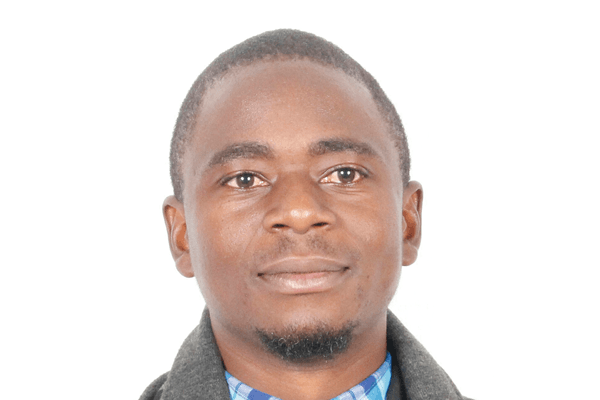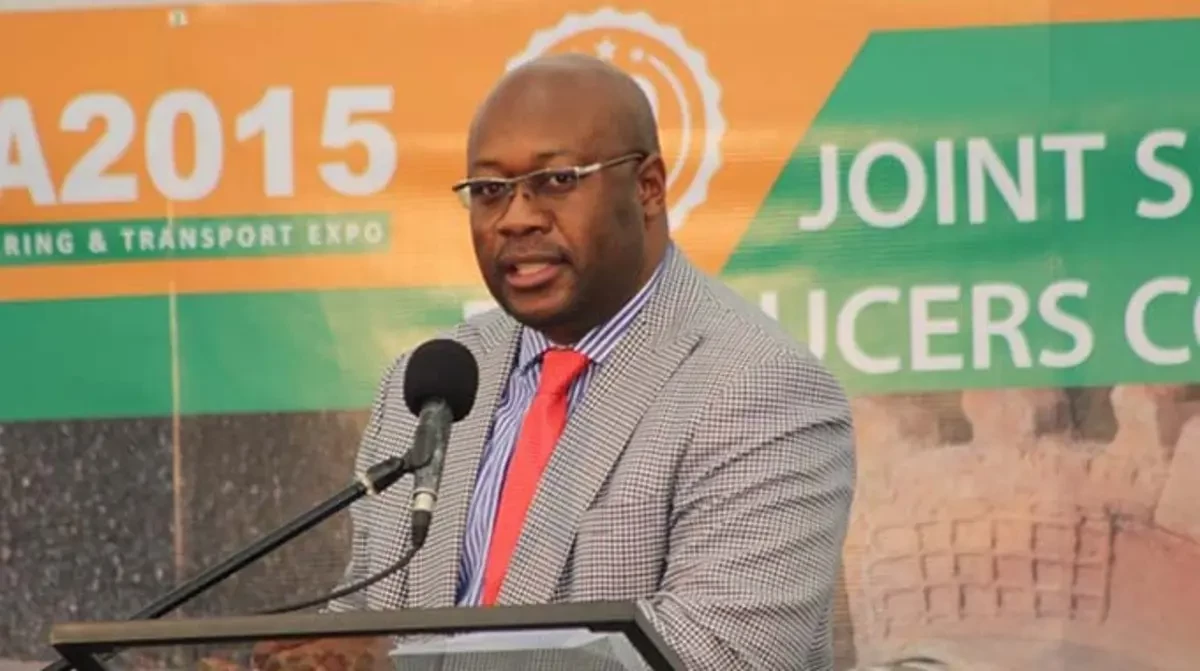
ABOUT a week ago, Stephen Sackur, in a special edition of the BBC HARDtalk walked the old and famous streets of Mbare, Harare, asking average Zimbabweans the hard question: “Do you trust President (Emmerson) Mnangagwa to make things better?” It is truly a tough question, because you will not be in charge of your fate after registering your frustrations with the Zimbabwean government on an international newscaster.
Answers from nearly all participants were negative, mostly because things have gotten worse since Mnangagwa’s arrival as chief executive at Munhumutapa Building, the seat of government. The modus operandi with which the previous administration conducted its business still runs in the veins of the current administration, regardless of the epic promise for reforms in the run-up to the 2018 harmonised election.
An investigation into Mnangagwa’s so-called Second Republic confirms the veracity of the old adage that goes: “The apple doesn’t fall far from the tree.” Mnangagwa has stemmed out of Mugabeism and he is no better than the man he is trying to distance himself from.
The world remembers his political gamesmanship in his first days in office. Mnangagwa claimed that the late former President Robert Mugabe was his mentor and there was no bad blood between them. It was just a play of semantics and reassuring the world of his legitimacy in an attempt to chlorinate the military coup that ushered him to power.
He started to pose as a neo-liberal rationalist, as opposed to the communist agenda that he pursued over the 37 years he was Mugabe’s lieutenant. Even though his cheerleaders now demonise Mugabe with every fibre of their beings, it does not inspire Mnangagwa’s administration to stop following Mugabe’s script of tyranny.
No matter how he tries to appease the free world by importing the neo-liberal rhetoric; in practice, he constantly fell into the pitfalls of dictatorship whenever he felt his power challenged. Maladministration, abductions, police brutality, rampant corruption and human rights abuses now characterise his rule. There are striking and irrefutable similarities between the Mugabe era and Mnangagwa’s “new dispensation” in terms of everything wrong about Zimbabwe.
It is quite disappointing to many Zimbabweans that when Mnangagwa recently evaluated his presidency, he failed to mention any key changes concerning the government’s spending behaviour and dictatorial tendencies simply because there is none. It is still the same repressive and cash-strapped government, yet spendthrift that Zimbabweans have seen and detested since the height of Mugabe’s misrule.
The presidency’s sterile international trips have increased, further gobbling the overdrawn State coffers dry. After all, the current President’s taste for endless flights both local and abroad in hired luxurious private jets and his show of opulence beats his predecessor.
- Chamisa under fire over US$120K donation
- Mavhunga puts DeMbare into Chibuku quarterfinals
- Pension funds bet on Cabora Bassa oilfields
- Councils defy govt fire tender directive
Keep Reading
The media reported a figure of around US$12 million spent on travel expenses between January and September 2019, at a time the government is failing to contain a persistent economic crisis. It is certainly an awkward expenditure for a government surviving without a functional industry or domestic production.
Mugabe was constantly criticised for spending most of his time out of the country he purported to govern and unfortunately, there is hardly a noticeable difference with his successor. In the twilight of his political career, Mugabe was castigated for wastefully attending the United Nations conference on oceans in New York in June 2017, despite Zimbabwe being a landlocked country.
He hated his home to the extent that he would prefer being somewhere he was least wanted. An entourage of more than 50 people, including his family accompanied him. Critics strongly argued that the former President could have simply sent the then Environment, Water and Climate minister to represent the country instead of him having to embarrass himself before the countries that imposed sanctions on his government.
Mnangagwa has, meanwhile been to Russia twice in 2019 on the same agenda of wooing investors, yet he disregarded the recommendation to eradicate government red tape that the Harare’s representative in Moscow, Ambassador Mike Sango stated before his second trip.
If he sincerely wanted to make Zimbabwe open for business, he could have used the muscle of his Zanu PF party’s two-thirds thirds parliamentary majority to push for legislation that promotes the ease of doing business in the country. However, the President’s appetite for international travel and handshakes with world leaders is more than his will to revive the crumbling economy.
One of the grievances that powered the cynicism against Mugabe was his propensity for patronage and a bloated Cabinet. He created two government ministries that could have been mere departments under the Education ministry.
The Ministry of State in the Presidents’ Office responsible for National Scholarships and the Ministry of State for Liaising on Psychomotor Activities in Education and Vocational Training were brought into existence to accommodate his long-time friends into Cabinet.
Far from being the personality trait of Mugabe alone, Mnangagwa promised a leaner Cabinet, but went on to create the Ministry of State for Presidential Affairs in charge of Implementation and Monitoring, where he appointed Joram Gumbo as the minister. The same man he had just fired for lack of results as Energy and Power Development minister got entrusted with a whole ministry focusing on results only.
The rationale behind the creation of this particular ministry defeats the purpose of every government ministry, which is the implementation and monitoring of its sector.
Moreover, in the latest Cabinet reshuffle, Mnangagwa created the National Housing and Social Amenities ministry, which would be technically duplicating the duties of the Local Government, Public Works and National Housing ministry.
The culture of medical tourism that thrived under Mugabe’s presidency persists under Mnangagwa’s administration, while local health centres are dilapidated and turning defunct, reeks of refined Mugabeism.
Members of the Executive are travelling overseas for medical treatment and check-ups, while accusing underpaid local doctors of a regime change agenda by demanding a pay raise. With that situation unexplained, the government lately dismissed 450 doctors for going on strike, despite a serious manpower shortage in the health sector, with a doctor-to-patient ratio of more than 1:25 000. That tells a similar story to that of Mugabe and his family’s perennial trips to Singapore for medical attention while ordinary citizens died of infectious diseases such as cholera and typhoid.
The cry of the people has not changed since the dawn of independence. Ordinary Zimbabweans want an end to political corruption, and see in their liftime a functional economy that creates formal employment and democratisation of State institutions. They want their fair share of the national cake rather than watching it being feasted on by politicians and greedy capitalists only.
The Second Republic, as Mnangagwa and his supporters call it, is a disguised appendage of Mugabeism, devoid of tangible outcomes. The President is a chip off the old block for following in his mentor’s footsteps. He is not a game-changer, but a perfect substitute for Mugabe’s misgovernance.
Takudzwanashe Mundenga is a Zimbabwean journalist with special interests in the African political economy











